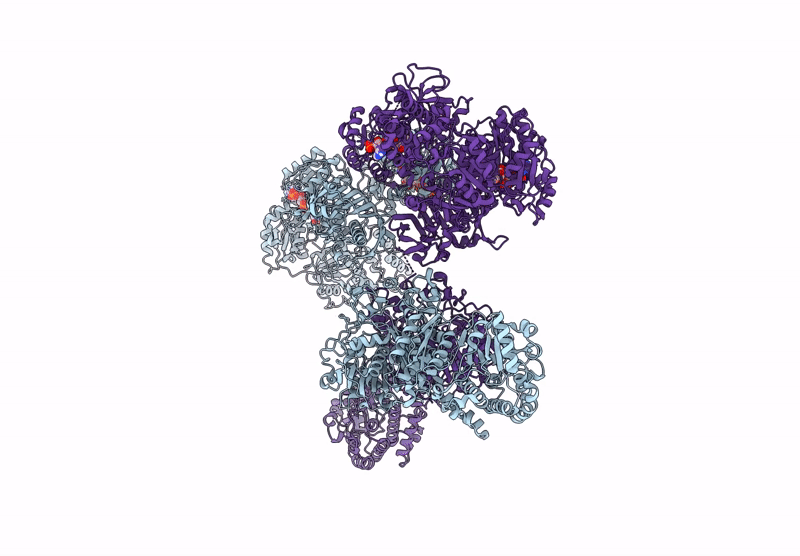
Deposition Date
2024-01-11
Release Date
2025-02-26
Last Version Date
2025-05-14
Entry Detail
PDB ID:
8VLO
Keywords:
Title:
Composite structure of human FASN with NADPH in State 2
Biological Source:
Source Organism(s):
Homo sapiens (Taxon ID: 9606)
Expression System(s):
Method Details:
Experimental Method:
Resolution:
3.30 Å
Aggregation State:
PARTICLE
Reconstruction Method:
SINGLE PARTICLE


